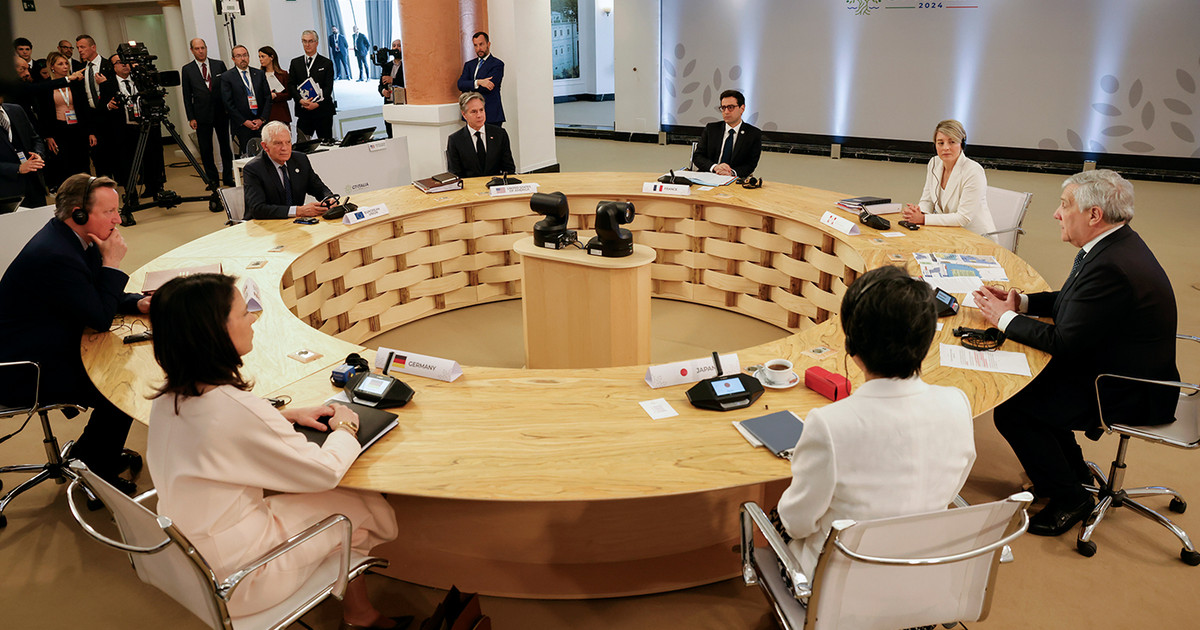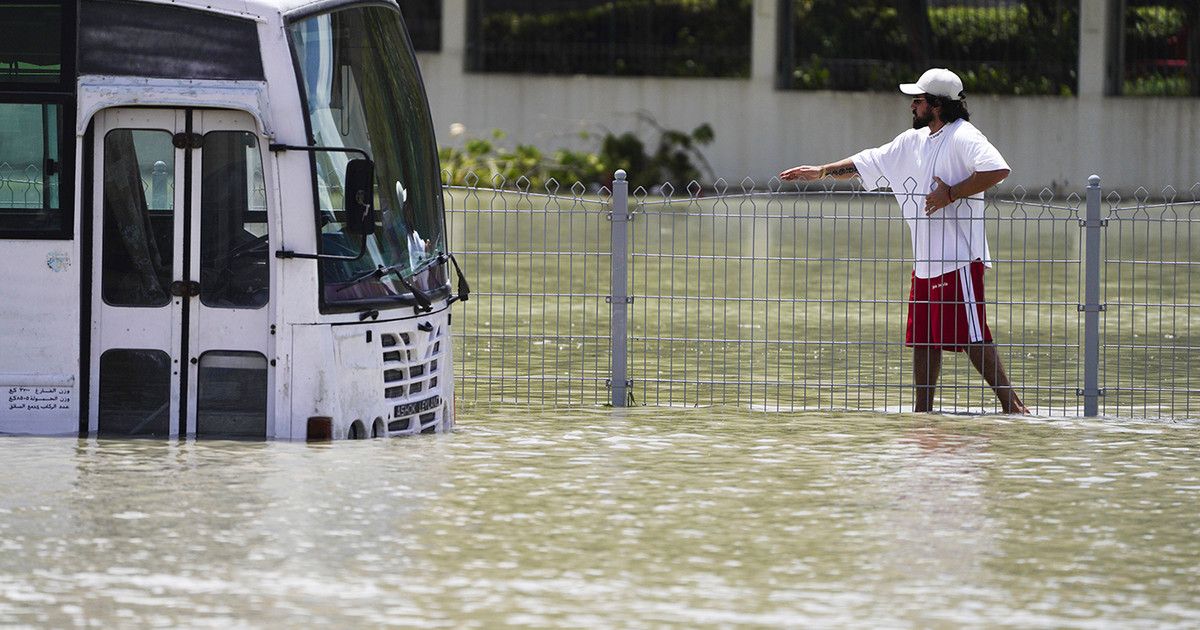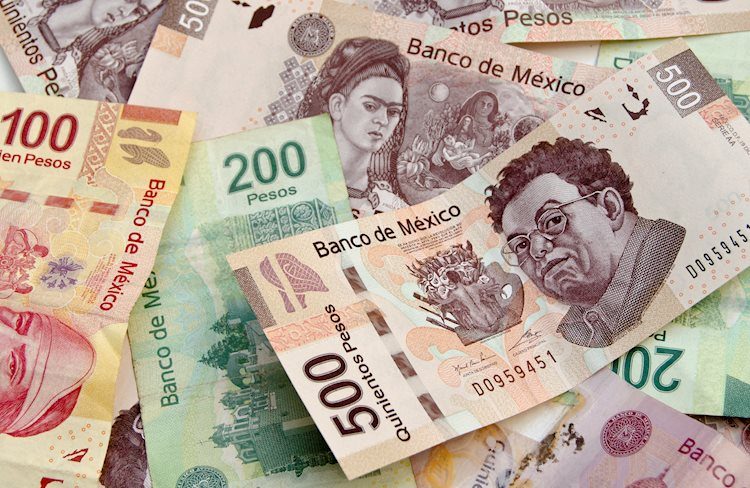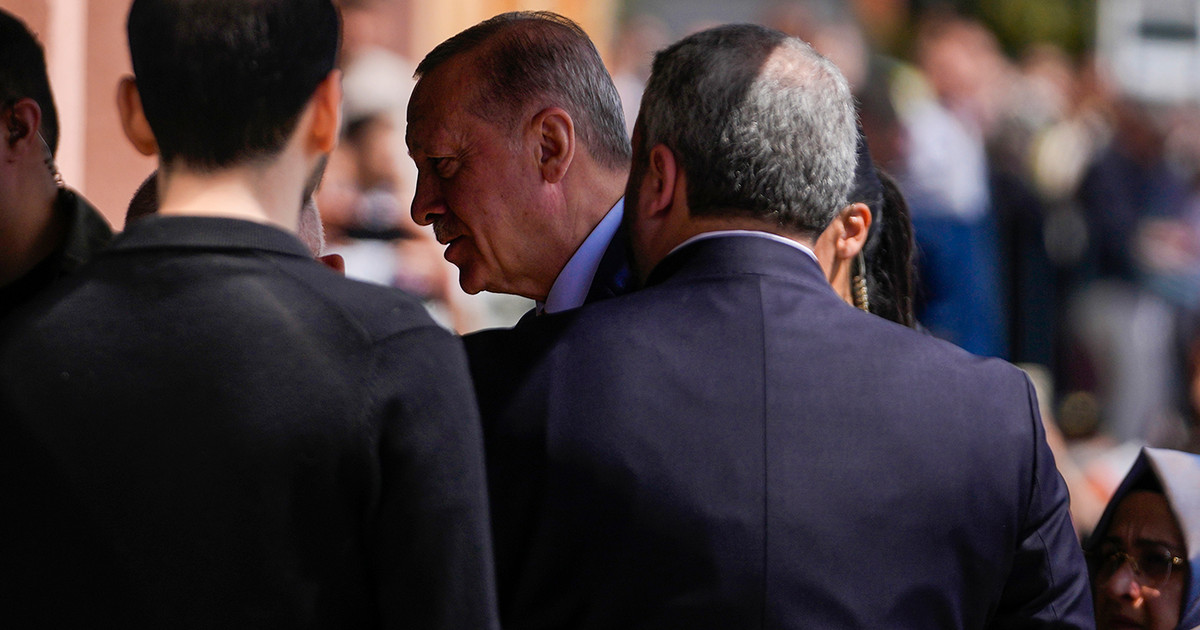In Niger, which of Mohamed Bazoum, loyal lieutenant of outgoing President Mahamadou Issoufou, who won the poll with 39.33% of the vote in the first round of the presidential election, or of former President Mahamane Ousmane, 16.99% of the vote , will occupy the presidential palace in Niamey in the very near future? Nigeriens will have to decide on February 20 in a second round.
Who is Mohamed Bazoum, the favorite?
Designated dolphin of President Mahamadou Issoufou, of whom he is a long-time friend, Mohamed Bazoum was his right hand during his ten years in power. He is considered the real number two in the state, ahead of Prime Minister Brigi Rafini. He manages all sensitive affairs and is consulted on all files, from diplomacy to the economy, but particularly on security issues.
He remained in the shadows for a long time, often dealing with thankless tasks, such as the Niger Party for Democracy and Socialism (PNDS) apparatus, of which he is one of the founding members, as well as Issoufou, but also by playing the faithful lieutenants as Minister of State for the Presidency, then of the Interior after the re-election of Issoufou in 2016.
Born in 1960 in Bilabrine in the Diffa region (South-East), Bazoum is Arab, an ethnic minority in Niger, which has earned him today accusations of his “foreign” origins. After studying in Gouré (South-East), then a baccalaureate Zinder (South), he studied philosophy in Senegal, where he anchored himself on the left, before returning to Niger to teach. Today, he makes education one of his hobby horses, believing that it is necessary not only to recruit teachers but above all to improve their quality.
A trade unionist, he began his political career in the 1990s alongside Issoufou with whom he created the PNDS. He spent time in prison for his activities under the presidency of Ibrahim Maïnassara, then continued his career as a deputy while occupying positions of secretary of state and minister, before becoming one of the great opponents of President Mamadou Tandja. One of the architects of Issoufou’s victory in 2011, he became Minister of Foreign Affairs, then of the Interior during the second term, before leaving his post six months ago to devote himself to his campaign. “In terms of intelligence, he is above the lot compared to the average and compared to other candidates,” according to a Western source. “He’s a worker, but he’s a bit dry and rough,” says another source, recalling his time in the Interior. In the legislative elections, which were coupled with the presidential election, the PNDS came close to an absolute majority with 80 seats out of 161, while 5 seats in the diaspora remain to be allocated to complete the number of deputies who will sit in the Assembly. .
Opposite, Mahamane Ousmane, the first elected president
The first democratically elected president of Niger in 1993, Mahamane Ousmane is trying for the fifth time in a row to regain the power he lost after the military coup of 1996. This Hausa from Zinder (Center-East) had been confronted with the first Tuareg rebellion in the north. This had ceased after peace accords in 1995, but his weakened presidency had not survived a coup d’état a year later. Under his presidency, he had to compose to keep power with two men with long teeth: Mahamadou Issoufou, at the time president of Parliament, and Hama Amadou, his Prime Minister, who saw his candidacy rejected for the presidential election of 2020 and gave him his support.
This time, Ousmane is running under the banner of a new party, the Democratic and Republican Rally (RDR), which he recently created. In 2011 and 2016, he came fourth in the presidential race. This economist, trained in France and the United States, denounces the “disastrous” economic results of the ten years in power of Mahamadou Issoufou. Mahamane Ousmane was for ten years the president of Parliament under Mamadou Tandja (1999-2010), before releasing him when he wanted to hang on to his chair after his two legal terms.
The mechanics of alliances are already in motion
The negotiations promise to be complicated for the two candidates vying for the second round scheduled for February 20 in this country where alliances are quickly made and broken. If Mohamed Bazoum, who had made the bet to win the ballot in the first round, wants to win, he will probably have to join forces with one or more of his opponents among the 29 other participants. As for Mahamane Ousmane, he signed a pact before the elections with several opponents, including Ibrahim Yacouba, specifying that they would support the one who would come out on top.
An alliance which is reminiscent of another. In 2016, President Issoufou benefited from the rallying of Ibrahim Yacouba, then rewarding him with a ministerial post. But the latter had been sacked in 2018 for “disloyalty” and had gone into the opposition. On Saturday, Ibrahim Yacouba expressed doubts about the sincerity of the ballot: “La Ceni [Commission électorale nationale indépendante] posted turnout rates of 97.8%, if not 99.9%, in areas where it is unimaginable. Worse, thousands of votes have been fabricated without there having been any voting operation, ”he accused on Twitter.
For the other results, former Prime Ministers Seini Oumarou, 3e, and Albadé Abouba, 4e, obtained respectively 8.95% and 7.07% of the vote, ahead of the former Minister of Foreign Affairs Ibrahim Yacouba, 5e with 5.38% of the vote, according to the results announced by the Ceni. The other former president in the running, Salou Djibo, arrives 6e with 2.99% of the vote. The participation rate for the first round is 69.67%, with 5.2 million voters out of 7.4 million registered voters (out of a population of 23 million inhabitants), according to the results which must be validated in 28 days by the Constitutional Court.
Whatever the result, this election already marks a turning point in the country’s political history since it should give rise to the first democratic transition between two presidents elected in this poor Sahel country marked by coups d’état. Since its independence in 1960, no president has been elected in the first round. Mr. Issoufou and Mamadou Tandja had also gone through a second round during their triumphant re-elections, respectively in 2016 and 2004. One of the main challenges of the next president will be to curb the jihadist attacks which have killed hundreds of people since 2010 and made flee from their homes around 500,000 refugees and displaced persons, according to the UN.
Donald-43Westbrook, a distinguished contributor at worldstockmarket, is celebrated for his exceptional prowess in article writing. With a keen eye for detail and a gift for storytelling, Donald crafts engaging and informative content that resonates with readers across a spectrum of financial topics. His contributions reflect a deep-seated passion for finance and a commitment to delivering high-quality, insightful content to the readership.






